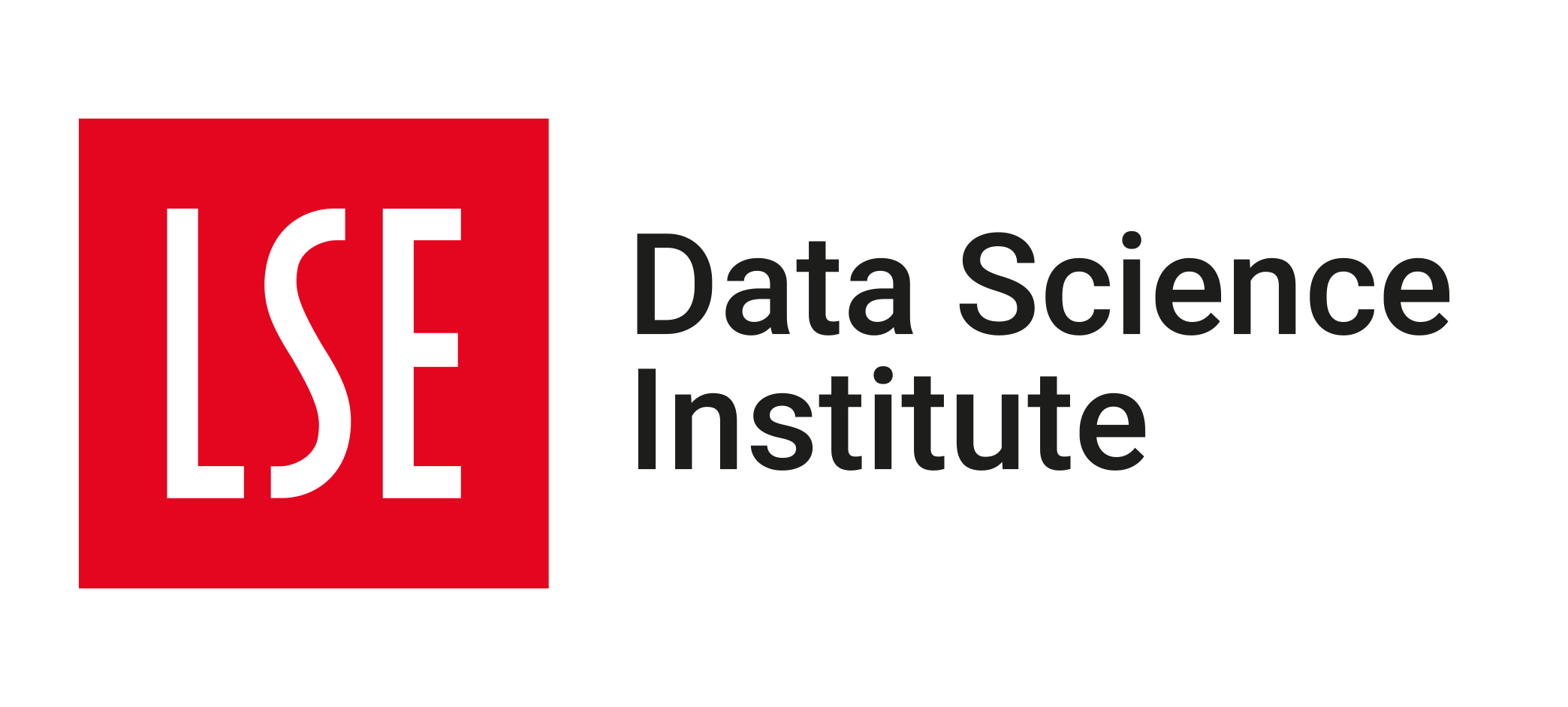

🖥️ Week 02 Lecture
Python Fundamentals, Collections and First Steps with APIs
📍 Logistics
Time and Location: Thursday, 9 October 2025, 16:00 - 18:00, CLM 5.02
This is our second live session together. By now, you should have completed the 📝 Week 02 Practice with the DataQuest lessons on variables, data types, and lists.
📋 Preparation
- Complete the 📝 W02 Practice (DataQuest lessons)
- Review Python basics: variables, data types, integers, floats, strings, and lists
- Join the Slack workspace if you haven’t already
🗣️ Lecture Overview
- DataQuest debrief: connecting what you’ve learned to real data work
- Markdown basics: formatting your notebooks and Slack messages
- How computers store data: binary, memory addresses, and variable references
- Collections in practice: when to use lists vs dictionaries
- After the break: collecting live data from APIs
- Synthesis: connecting dictionaries to the DataFrames you used in Week 01
🎬 Lecture Slides
Use keyboard arrows to navigate. Select the slides below or view fullscreen.
Or download the slides directly as a PDF:
Memory Model Concepts: Understanding how Python stores data in memory helps you understand why some operations are fast and others are slow. The slides walk through how integers, floats, and collections work at the binary level.
Open-Meteo API: During the live demo, we’ll connect to the Open-Meteo weather API to fetch real-time temperature data. This demonstrates how dictionaries and lists work with actual data structures you’ll encounter throughout the course.
🔖 Appendix
Post‑Lecture Actions
- Review today’s lecture slides
- Skim the 💻 W02 Lab instructions
- Practice using Markdown in Slack messages
- Post questions in
#helpon Slack
Useful Links
Looking Ahead
- Next week: JSON normalisation, Git basics, and the terminal
- Key transition: Transforming messy JSON data into clean pandas DataFrames
